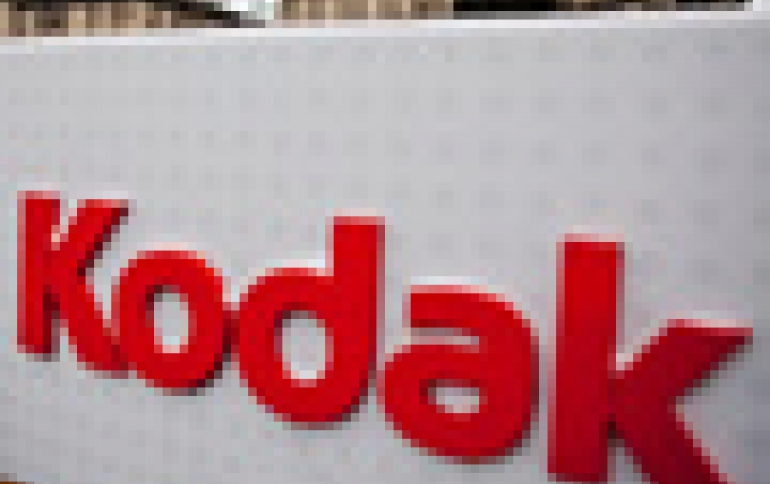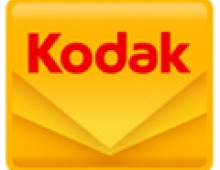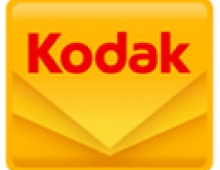
Judge Approves Kodak Plan to Exit Bankruptcy
The U.S. Bankruptcy Court has given Eastman Kodak the green light on Tuesday for a plan to emerge from bankruptcy as a much smaller digital-imaging company.
The ruling puts Kodak on track to exit bankruptcy in September.
Kodak filed a $6.75 billion bankruptcy in January 2012, weighed down by high pension costs and a years-long delay in embracing digital camera technology.
With the court approval, the company's exit from bankruptcy is now imminent, Chief Executive Antonio Perez said in a statement.
"Next, we move on to emergence as a technology leader serving large and growing commercial imaging markets," he said, adding the company will have a leaner structure and a stronger balance sheet.
The company has sold off assets and will emerge from Chapter 11 to focus mainly on commercial products such as high-speed digital printing technology and flexible packaging for consumer goods.
When it filed for bankruptcy, Kodak hoped to fetch more than $2 billion for about 1,100 patents related to digital imaging. But due in part to losses in high-profile patent litigation with Apple, the company was only able to sell the portfolio for about $525 million to a consortium led by Intellectual Ventures and RPX Corp.
Kodak filed a $6.75 billion bankruptcy in January 2012, weighed down by high pension costs and a years-long delay in embracing digital camera technology.
With the court approval, the company's exit from bankruptcy is now imminent, Chief Executive Antonio Perez said in a statement.
"Next, we move on to emergence as a technology leader serving large and growing commercial imaging markets," he said, adding the company will have a leaner structure and a stronger balance sheet.
The company has sold off assets and will emerge from Chapter 11 to focus mainly on commercial products such as high-speed digital printing technology and flexible packaging for consumer goods.
When it filed for bankruptcy, Kodak hoped to fetch more than $2 billion for about 1,100 patents related to digital imaging. But due in part to losses in high-profile patent litigation with Apple, the company was only able to sell the portfolio for about $525 million to a consortium led by Intellectual Ventures and RPX Corp.


















